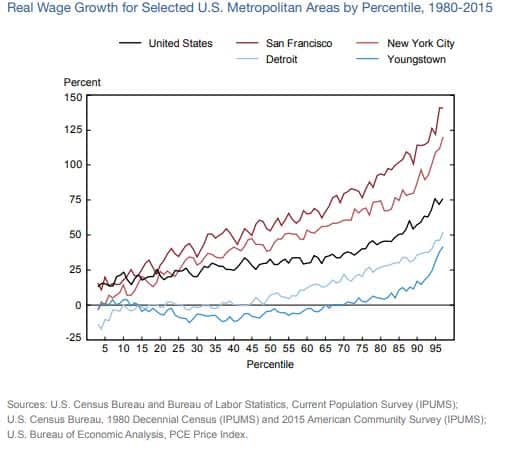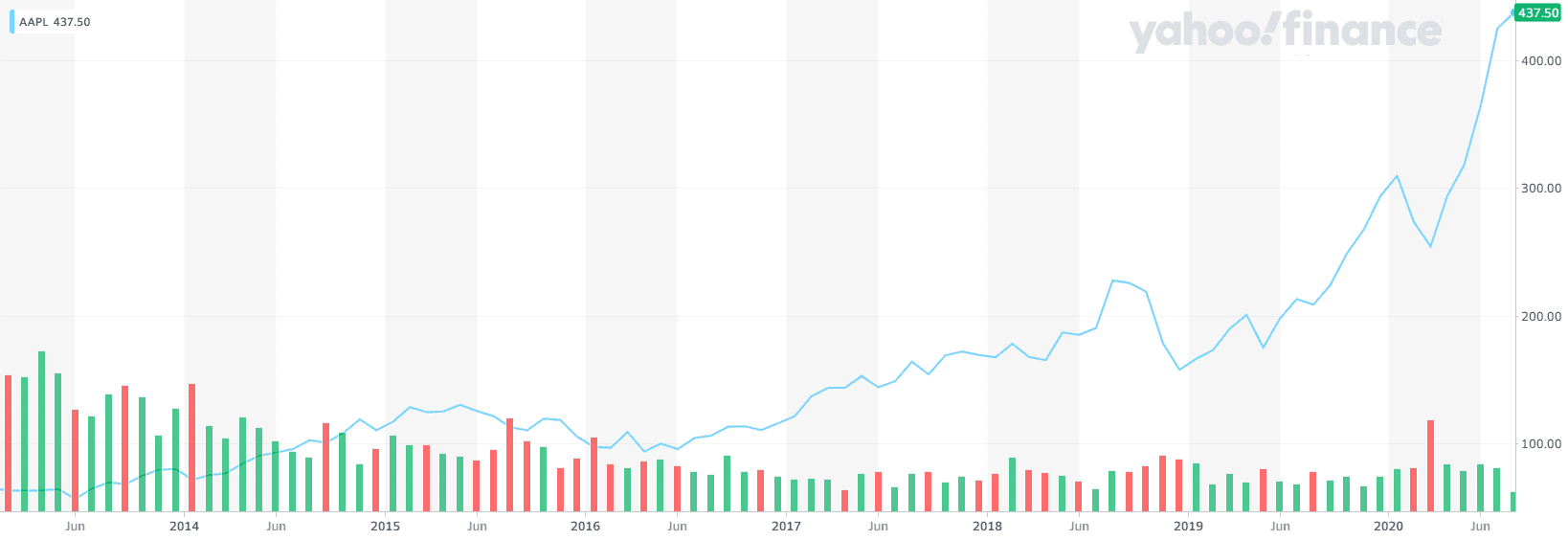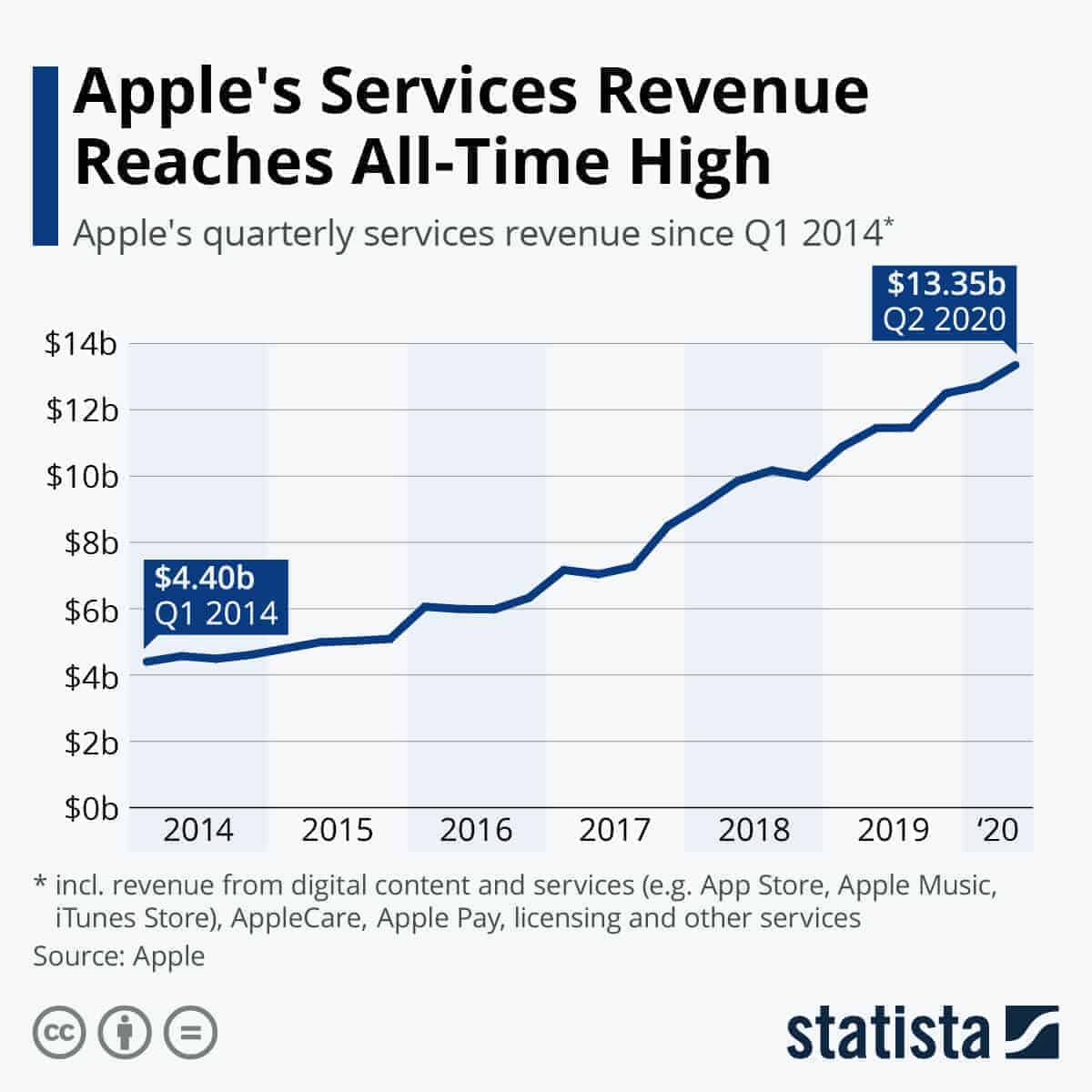Will Robots Take My Job? 3 Focus Areas For Future Survival

If you are wondering will robots take my job, the short answer is YES! The time frame, though, depends on what kind of job you are currently doing. And how it would change going forward.
However, will robots take every job? The answer is No. There are a number of jobs which could never be done by a robot.
This weekend I ended up re-watching one of my favorite movies as a kid; Terminator 2 – Judgement Day. When the movie was released, I was fascinated with the plot and the extensive use of CGI. It won the 1992 Academy Award for Best Visual Effects. The visual effects done by a machine foreshadowed the future of work with robots taking over jobs.
What Jobs Will Robots Take Over In The Future
When we talk about the future of work and will robots take my job, we are referring to Automation. Not Terminator-type robots are walking around.
Technological Singularity is a fascinating topic for nerds like me. Stephen Hawking and Elon Musk have expressed concerns that complete Artificial Intelligence (AI) could result in human extinction.
However, the research is currently focused on machine learning and pattern recognition. I do not see technological growth becoming uncontrollable, resulting in self-aware robotic overlords in our lifetime.
If we do get Singularity; then all bets are off. And we have more significant problems on our hands than figuring out how likely is it that robots take my job. Can robotics replace human employment would be the least of my concerns once we have Terminator-style robots walking around?
A job that uses a manual or has a set of rules; can be easily automated and replaced by robots.
Automation Killing Low Income Jobs
If your job is labor-intensive and at the bottom of the labor pool, automation will make you redundant. Technology will replace human workers, which has been a known fact for several years. As automation picked up and assembly lines became more common, we lost a lot of jobs.
Charlie Chaplin depicted this brutal reality in the 1936 classic Modern Times.
Low-income jobs most susceptible to automation are physical ones in predictable environments. Workers who operate machinery, prepare fast food, collect tolls, cashiers, etc.
New England dairy farms are already using milking robots as per The Boston Fed.
“The jobs that will go away are the jobs that are routine in nature,” says Joseph B. Fuller, professor of management practice at Harvard Business School.
The most vulnerable jobs subject to automation are low-skilled positions in very structured and predictable settings.
Automation Killing High Income Jobs
With machine learning and pattern matching, the future of work looks grimmer. We should be prepared for current jobs, which are also highly paid, using robotics to replace human employment.
We can easily automate the high-end job of a radiologist. MDs earning between $300K to $600K may soon find themselves unemployed. IBM already has a radiologist-trained artificial intelligence (AI) tool deployed. Living in Silicon Valley, I have met several entrepreneurs who are building startups to replace radiologists.
Because of the Coronavirus pandemic, all in-person doctor visits have been discouraged. The Centers for Medicare and Medicaid Services is broadening the usage of telemedicine. While telemedicine is excellent for the patient, many medical professionals will soon find themselves unemployed.
Telemedicine destroys geographical boundaries and provides a broader talent pool of individuals who can offer the same service at a fraction of the cost. Why would I pay an astronomical amount to have a video chat with a Stanford hospital doctor for a routine issue when I can get the same level of service from a lower-cost doctor from a rural area or even overseas? I see this as an area ripe for disruption now that everyone has become more comfortable with telemedicine.
Even my 80-year-old father is comfortable with a video call conducted by his healthcare provider. The insurance industry would push more virtual visits and utilize opportunities to drive costs lower.
During the Cash-out refinancing process, I met a mortgage underwriter. His job was to take my numbers and plug them into a calculator. I am sure the mortgage underwriter, earning north of $80,000, may also be on the list of jobs likely taken by robots.
Creatives are not immune to the robots taking over their job either. Artificial Intelligence is now capable of generating convincing-looking yet entirely fake pictures of people. Icons8 has 100,000 AI-Generated Faces for free usage. Imagine if you are a head-shot model. Now your job will be replaced by robots.
Even writing articles and blogs can now be done by robots. A college student made a fake blog post using an AI text generator, and it was upvoted to the top of Hacker News by people who thought it was real. It demonstrates the strength of GPT-3, which has shown itself to appear convincingly human under some circumstances.
Any job involving rules can be easily replicated with an algorithm and automated. Robotics replacing human employment affects high-paying and low-paying jobs equally.
Financial Impact of Robots Taking Over Jobs
Let us broadly analyze the financial impact of jobs being replaced by robots along 3 areas
Impact of Robots Taking Over Jobs On Human Capital
I am a massive proponent of investment in Human Capital. It is the only investment you have the highest ability to control.
If you are already wondering, how likely will robots take my job? The answer depends if your job can be automated.
You should look at your current job and analyze what part of your work is rules-driven.
Is there a manual to be followed or a step-by-step guide for your job?
If you go on vacation, can you write down how exactly anyone else can perform in your role?
If you answered yes to either of the two questions, you should plan for a future where your job is automated.
The future is already here – it’s just not very evenly distributed.
William Gibson‘s
Impact Of Robots Taking Over Jobs On Real Estate Investments
For a long time, we have known that low-skilled jobs are being automated. Detroit faced job cuts brought about by automation. Demand for middle- and lower-skilled workers declined as the auto industry cut thousands of jobs.
The paper from the New York Fed analyzes Why Are Some Places So Much More Unequal Than Others.

Detroit and Youngstown have experienced decades of decline. In these places, wages did not grow for the bottom 50 to 75 percent of all workers. And in some cases, wages even declined. This stagnant wage growth for the vast majority of workers in these places has been devastating.
The paper concludes that wage inequality has increased significantly in the United States since the early 1980s. This trend
has been driven primarily by technological change and globalization
Notably, the economic effects of technological change have been geographically concentrated. After all, the Best Place for Technology Jobs is still San Francisco Bay Area.
Technology and globalization are depressing wages at the bottom end of the labor pool while accelerating wages at the top end.
It has broader implications on property values. I do continue to see increasing gaps between regions. Accordingly, it would be best if you planned when making real estate investments.
After all, due to the high transaction costs, real estate investments are not very liquid. If specific geography falls out of favor, your property value will decrease. Fortunately, real estate syndication provides you several alternatives to avoid regional concentration.
Many folks have this ongoing problem concerning the cost of investment in HCOL (high cost of living) areas. When you invest in San Francisco real estate, your price is significantly higher than living in Detroit.
If automation pushes more income to the higher end of the curve, your real estate investment would be better protected in regions that capture automation’s benefit.
Given the current environment, I would be hesitant to invest in tier 4 and 5 cities.
Impact Of Robots Taking Over Jobs On Stock Investments
Many people are scratching their heads, wondering why the S&P 500 at all-time highs amid a pandemic and the worst recession.
If we look under the hood, the S&P 500 outperformance is entirely driven by five stocks.
If we assume that markets are forward-looking, there is a reason for the top 5 companies to be at all-time highs. As per the tweet above, the top 5 are generating 80% of earnings per share growth.
Stock prices of a company typically increase when either the total addressable market grows. Or the company takes a more significant chunk of the market from the incumbents.
Let us take a look at Apple, one of the stocks in my Moonshot Portfolio.


Apple’s share price has risen due to the explosive growth in the Services sector. Apple is no longer just an iPhone company. Apple charges 30% for purchases of apps, content, functionality, or services in an app. Very few firms can escape from paying Apple. Netflix was one of the few that managed to avoid giving Apple $700,000 a day by directing users to sign up via a browser instead of the app.
Similarly, Amazon has grown not because the people are spending more on retail. Instead of spending at different stores, Amazon has become the Everything Store. So it has grown as a result of taking market share away from others.
As most of the economy moves online, I do anticipate the technology stocks to grow larger. There was a slow shift already underway in this direction. The advent of the pandemic and shelter-at-home has accelerated the trend. More people are using services provided by technology companies driving their prices higher.
Disclosures: None of this should be taken as financial advice for investments. Consult a licensed investment professional.
The Jobs Which Could Never Be Done By A Robot
Contrary to popular belief, a college degree will not save your job. I want to prevent you from wasting thousands of dollars pursuing this myth. Also, not all college degrees are created equally.
The jobs which could never be done by a robot and are safe from the effects of automation involve several unique skills
- Problem identification
- Creative problem solving
- Interpersonal skills
- Influencing
- Negotiating
- Sales
- Empathy
- Dealing with animals and humans
- Automating
While the above is a broad set of skills, one can figure out jobs involving one or more of these skills.
You could be the actual engineer working on automating jobs. Developing the algorithm to create systems will ensure you are always in demand.
Or you could be an occupational therapist identifying a patient’s need and how to solve it. A combination of empathy, interpersonal skills, influencing, and negotiating will be required when dealing with humans in pain.
Sales involve transference of feelings. Individuals buy based on emotions. As a salesperson, you need to identify the buyer’s pain point and use a combination of skills listed above to close the sale.
Benefits Of Robots Taking Over Jobs
Instead of fighting the technological wave, embrace it. Several jobs are either dangerous or monotonous for a human to perform. Having robots take over these tasks would be beneficial in the long run.
Safety: There are several jobs currently performed by humans which are pretty dangerous such as deep-sea exploration or mining. Having programmable machines work on these activities instead of humans would be better.
Quality: Manufacturing requires the production of large quantities of goods. Since a machine can be programmed to perform repetitive tasks, the quality of goods would be high. We would eliminate wastage.
Job Satisfaction: Eliminating the mundane parts of the job would let humans focus on tasks that are better suited for their skills.
New jobs will arise as a result of technology which will be more exciting. And propel the human race even further.
The American Economic Association published a paper titled “Automation and New Tasks: How Technology Displaces and Reinstates Labor“
The future of work and the workforce will depend on the balance between labor replacing technologies – those that supplant human brawn or rote repetition – and labor reinstating technologies, that generate new tasks at which humans have a comparative advantage.
Daron Acemoglu and Pascual Restrepo
Stanford Business at the Future of Work Forum explored this topic. They concluded that the fears that rapid advances in artificial intelligence, machine learning, and automation will leave all of us unemployed are vastly overstated.
While there are net positives at an aggregate level, they may not equally benefit everyone. Jobs may increase going forward, but it is not easy for workers to retrain. Hence we still need to prepare; so we are not personally impacted.
Final Thoughts On Will Robots Take My Job
Look at the trend of your job being replaced by robots in a positive light. Instead of fighting, embrace the trend. Several positions are either dangerous or monotonous for a human to perform. Having robots take over these tasks would be beneficial in the long run.
Do not assume because your job is currently highly paid; that it can’t be automated. Over the next decade, at least one-third of the tasks in about 60 percent of jobs could be automated, according to research by consulting firm McKinsey & Company.
Instead, look at your day job and be realistic. Identify what parts are rules-driven. Develop soft skills such as influencing, persuasion, negotiations, sales, etc., which can robot-proof your job.
Look at trends in both real estate and stocks. Invest with the future in mind.
Readers, how do you see the automation trends playing out? What part of your job is rules-based versus skills-based. Any changes we need to make when planning for the future in terms of employment or investments?

John Dealbreuin came from a third world country to the US with only $1,000 not knowing anyone; guided by an immigrant dream. In 12 years, he achieved his retirement number.
He started Financial Freedom Countdown to help everyone think differently about their financial challenges and live their best lives. John resides in the San Francisco Bay Area enjoying nature trails and weight training.
Here are his recommended tools
Personal Capital: This is a free tool John uses to track his net worth on a regular basis and as a retirement planner. It also alerts him wrt hidden fees and has a budget tracker included.
Platforms like Yieldstreet provide investment options in art, legal, real estate, structured notes, venture capital, etc. They also have fixed-income portfolios spread across multiple asset classes with a single investment with low minimums of $10,000.






Ainda estou a analisando sobre isso tudo
E e mesmo preocupante